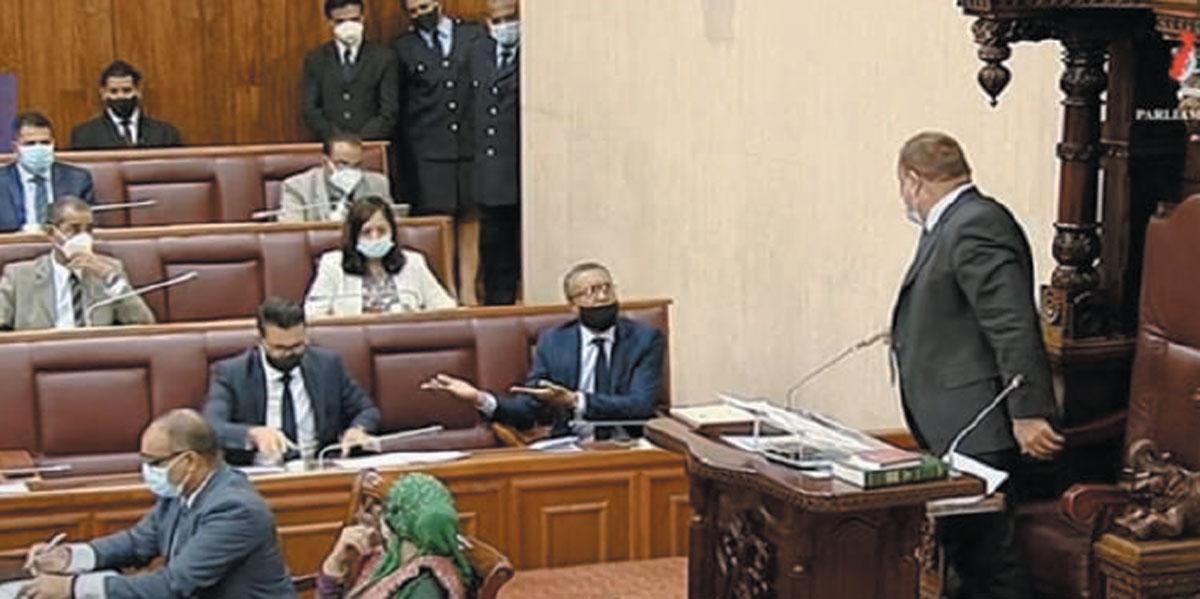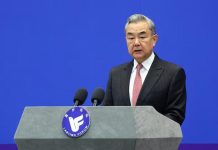Jan Arden
Africa-Press – Mauritius. Those currently in the Opposition – parliamentary and extra-parliamentary – have been prime witnesses of the dysfunctions of the State these last few years, and they should be ideally placed to work out a meaningful and comprehensive reform agenda that might go some way to restore our pride in being part of the Mauritius narrative.
And, indeed, we are given to understand that think-tanks have been diligently at work behind the curtains to reach a broad consensus on the low-lying fruits and those that may require wider post-electoral consultations. Here we would like to comment on some of the many aspects laymen and observers feel should be part of the reform agenda.
Rethinking the building blocks: Few would question that some institutions and their credible, independent functioning are so fundamental that they require immediate treatment:
(a) The electoral process, its governing structures with a Commissioner and a double Commission (Electoral Supervisory Commission & Electoral Boundaries Commission), which has been subject of unheard accusations with the «write-off» of several thousands of legitimate electors, have been largely canvassed here and elsewhere and require a clean-up.
(b) So too does our Representation of People’s Act (RPA), where the judiciary and processes for appeals should be fast-tracked so that simple demands for recounts or other electoral challenges are cleared within 3 months at most.
Not the four years that delaying tactics and a judge change have imposed on the unfortunate appellant in No.15 last week. If the Indian Supreme Court can dispose of such electoral appeals within days, there is no reason why a legally enforceable deadline should not be feasible here.
(c) The National Assembly, its regulations and Standing orders, the number of sittings and sessions, the question time and the provision of written answers are all matters that have been the object of irritation to lawmakers.
Live TV coverage has brought to focus the severe limitations of a Speakership that rather than bending backwards to allow Opposition latitude for questions of national interest, has preferred bending forward to protect the government or its flailing Ministers.
Redacting or kicking out MP questions, erasing the Hansard or expelling Opposition MPs at the drop of a hat, with exaggerated expulsion periods, have made the world witness our impoverished democratic credentials and left many Mauritians, watching social media broadcasts of several Commonwealth Parliamentary abodes, aghast at such goings-on in the ‘temple of our democracy’.
A Speaker’s responsibility is to some extent tributary of his/her own conception of his/her role, but unfettered freedom, with the conspicuous support of the Leader of the House, leading to the mocking comments of the Seychelles political leadership, is obviously unacceptably excessive.
(d) Spurred to some extent by the current excesses and the severe constraining effects of the Covid pandemic on ordinary lives, the spectacle of MPs, Ministers and the superstructures of our Republic continuing to enjoy the full benefits of their lifestyles, world travels and per-diems, variety of allowances, perks, benefits, and life-term pensions has exacerbated the feeling for a greater degree of austerity.
Of course, past matters cannot be changed, but a new era of responsibility and accountability would not be amiss for newly-elected Mps/Ministers. As examples, the Office of the Vice-President is an absolute waste.
Backpacker Presidents or Ministers trekking the globe at our expense can also be checked. Life pensions could be replaced by two 5-year periods of commuted pensions, say 66 and 33%.
The dozens of allowances should be scrapped in favour of a flat salary for the mandate period of 5 years. (e) In return, there should be some recognition and gratitude for Mauritians willing to give up their family and other time to their political vocation.
This could lead us to consider some form of State contribution to the functioning of political parties and to electoral campaigning, although a large fraction of the tax-paying population may be extremely loathe for such a burden.
If democracy comes at a price, then why not consider that those highly profitable companies and groups, say above Rs 100m, contribute a modest 1% (or x%) annually to finance that vital democratic exercise, provided legislators can ensure a mechanism that is beyond and above political interference.
For More News And Analysis About Mauritius Follow Africa-Press







